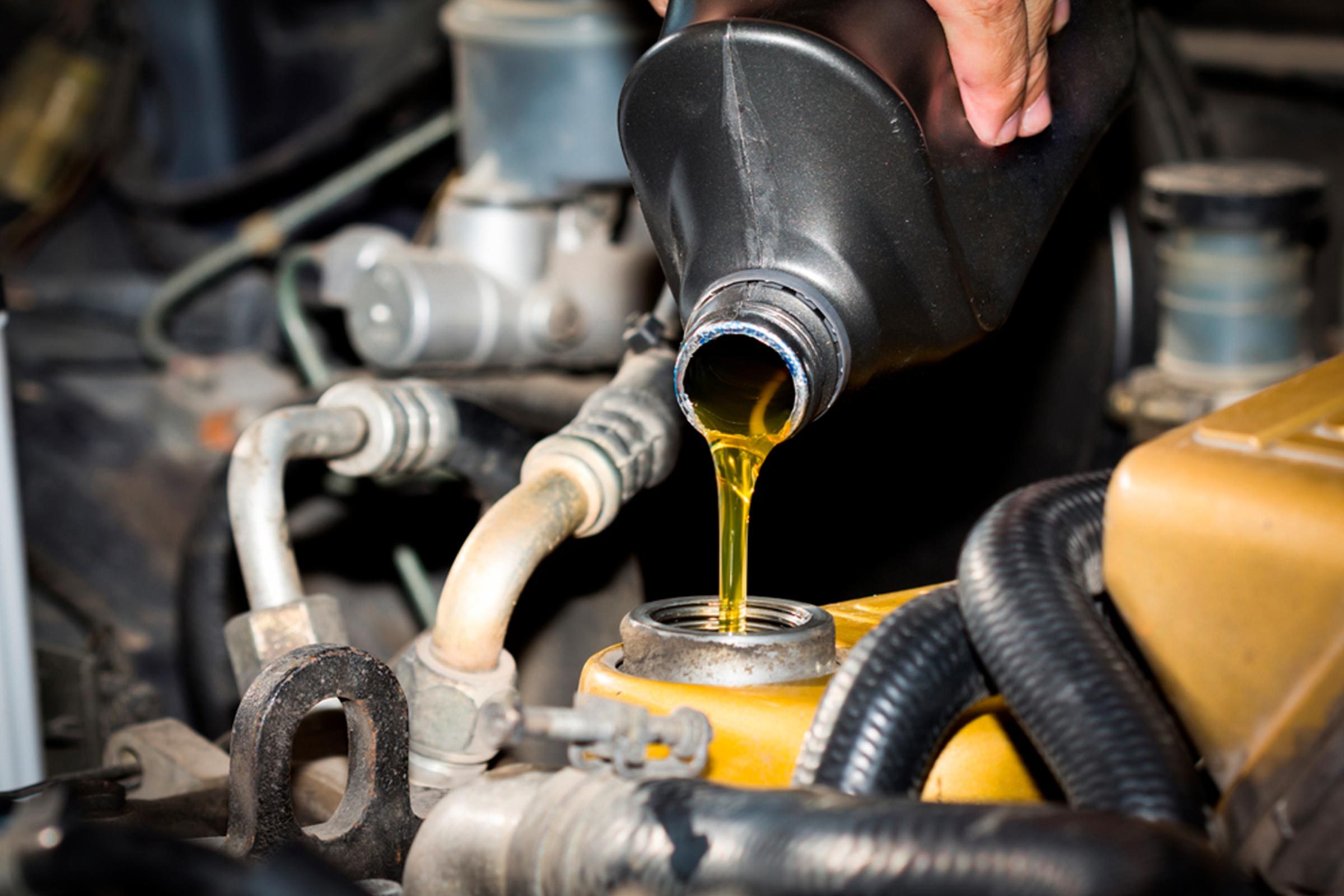Save money with our Oil Change Lockhart service for all vehicle types.
Save money with our Oil Change Lockhart service for all vehicle types.
Blog Article
Optimize Your Car'S Efficiency With Routine Oil Modifications
Keeping your car's efficiency is a multifaceted undertaking, with normal oil modifications standing out as an essential component. Fresh engine oil plays a critical duty in ensuring optimal lubrication, minimizing rubbing, and protecting against wear on essential components. Lots of motorists overlook the indicators that show a demand for an oil adjustment, potentially jeopardizing their car's longevity.
Relevance of Normal Oil Changes
While numerous cars and truck owners might overlook the importance of regular oil adjustments, overlooking this vital maintenance job can lead to severe consequences for engine performance and longevity. Engine oil plays an essential role in oiling moving components, reducing rubbing, and stopping getting too hot. With time, oil weakens due to exposure to warmth and pollutants, which reduces its performance.
Falling short to change the oil regularly can cause the build-up of sludge and debris, which can block important engine components and lead to raised wear. This not just endangers engine performance but can also result in costly repair services or perhaps overall engine failing. Additionally, old oil sheds its capability to neutralize acids generated throughout combustion, which can lead to rust and additional damage.
Additionally, many car manufacturers advise particular oil adjustment periods, typically based on mileage or time. In recap, regular oil modifications are not simply a tip; they are a crucial element of liable automobile upkeep that safeguards the engine and enhances general performance.
Benefits of Fresh Oil
Changing to fresh oil offers many advantages that directly enhance engine performance and performance. One of the primary benefits of fresh oil is its superior lubricating homes. New oil decreases friction in between engine components, which not just decreases wear yet also adds to smoother procedure. This results in enhanced gas effectiveness, as the engine does not have to work as tough to get over resistance.
In addition, fresh oil successfully cleanses the engine by putting on hold contaminants and stopping sludge accumulation. Over time, oil becomes infected with dirt, steel particles, and combustion by-products. Regularly replacing oil makes certain that these dangerous materials are gotten rid of, promoting a cleaner and healthier engine atmosphere.
Moreover, fresh oil aids in ideal temperature level guideline. It dissipates heat better, protecting against getting too hot and prospective damage to engine parts. This is particularly essential during peak efficiency circumstances, where warmth build-up can impair engine performance.
Signs Your Oil Demands Transforming
Engine oil is the lifeblood of your vehicle, and identifying when it requires changing is important for keeping ideal performance - Oil Change Lockhart. Several signs indicate that it's time for an oil adjustment, and remaining vigilant can protect against engine damage and pricey repair work
First, inspect the color and consistency of the oil. Fresh oil is commonly brownish-yellow and smooth, while old oil might appear dark and gritty, indicating contamination and reduced effectiveness. A change in viscosity can additionally represent that the oil has broken down and is no longer properly oiling engine elements.

An additional indication is the oil change light on your control panel. This sharp acts as a pointer that the oil has reached its lifespan or that there is an underlying problem requiring focus. In addition, unusual engine noises, such as knocking or ticking, might suggest inadequate lubrication due to degraded oil.
Last but not least, if you see oil areas or pools under your car, it might suggest a leak that demands immediate inspection and possible oil adjustment. Listening to these signs will guarantee your engine operates efficiently and efficiently.
Picking the Right Oil
Selecting the suitable oil for your automobile is crucial for ensuring ideal performance and durability. Engine oils can be found in different kinds and thickness, each formulated to satisfy details needs. The first factor to consider must be the producer's referrals, which can commonly be located in the proprietor's handbook. This guidance will certainly route you toward the proper thickness quality, such as 5W-30 or 10W-40, which indicates the oil's thickness at different temperatures.
Following, take into consideration the kind of oil: standard, synthetic, or a mix. Conventional oil is originated from petroleum and appropriates for older vehicles, while synthetic oil offers superior defense and efficiency for modern engines, especially under extreme conditions. Artificial blends integrate the advantages of both and are often an economical option.
In addition, seek oils that fulfill industry criteria, such as API (American Oil Institute) or ACEA (Organization des Constructeurs Européens d'Automobiles) accreditations. These signs make sure that the oil has actually been evaluated for high quality and performance. Inevitably, choosing the right oil not only improves engine effectiveness however additionally contributes to the overall health and wellness of your vehicle, leading the way for smoother driving experiences.
Oil Modification Frequency Recommendations

Factors affecting oil adjustment regularity include driving conditions, such as stop-and-go traffic, severe temperatures, and pulling heavy loads. Under serious problems, it might be prudent to transform the oil a lot more frequently to avoid engine wear. In addition, some modern-day lorries come equipped with oil life surveillance This Site systems that offer personalized suggestions based on driving habits, which can further enhance the oil modification routine.
It's critical to consult your proprietor's handbook for particular suggestions tailored to your lorry. Following these guidelines not only maintains engine health yet additionally improves fuel performance and reduces emissions. Finally, regular oil adjustments, timed suitably based on YOURURL.com various aspects, are a basic element of automobile upkeep that can dramatically impact performance and longevity.
Final Thought

Report this page